Artefacts
From Muted Places: Objects of Resistance
Martha-Cecilia Dietrich
Bread crumbs, shells, cattle bones, stones, toilet paper, fruit stones, shreds of clothes, these are the materials from which political prisoners made objects during the armed conflict in Peru (1980-2000). In solitary confinement, they communicated with their loved ones via homemade gifts. Tiny artifacts spoke of great themes such as hope, devotion, determination, love and perseverance. In isolation, where employment and language are prohibited, personal objects symbolize political resistance because they give human existence a tangible form.
Expression as a political act turns everyday objects such as brooches, stuffed animals, cards, figurines and jewellery into dangerous objects, because they resist a regime that denies the authors’ existence.
The exhibition “From Muted Places” focuses on objects and stories of six women who have been prisoners in Lima’s high security prison of Santa Monica for several decades and deals with critical concepts such as voice, visibility and resistance.
Martha-Cecilia Dietrich, *1983 in Vienna. 2010-2015 PhD in Social Anthropology at the University of Manchester. 2015-2020 research assistant in Media Anthropology at the University of Bern. Currently visiting scholar at the Centre for Media, Culture and History at the New York University.
Six women narrate decades of imprisonment and a life between repression, resistance and hope.
Cecilia
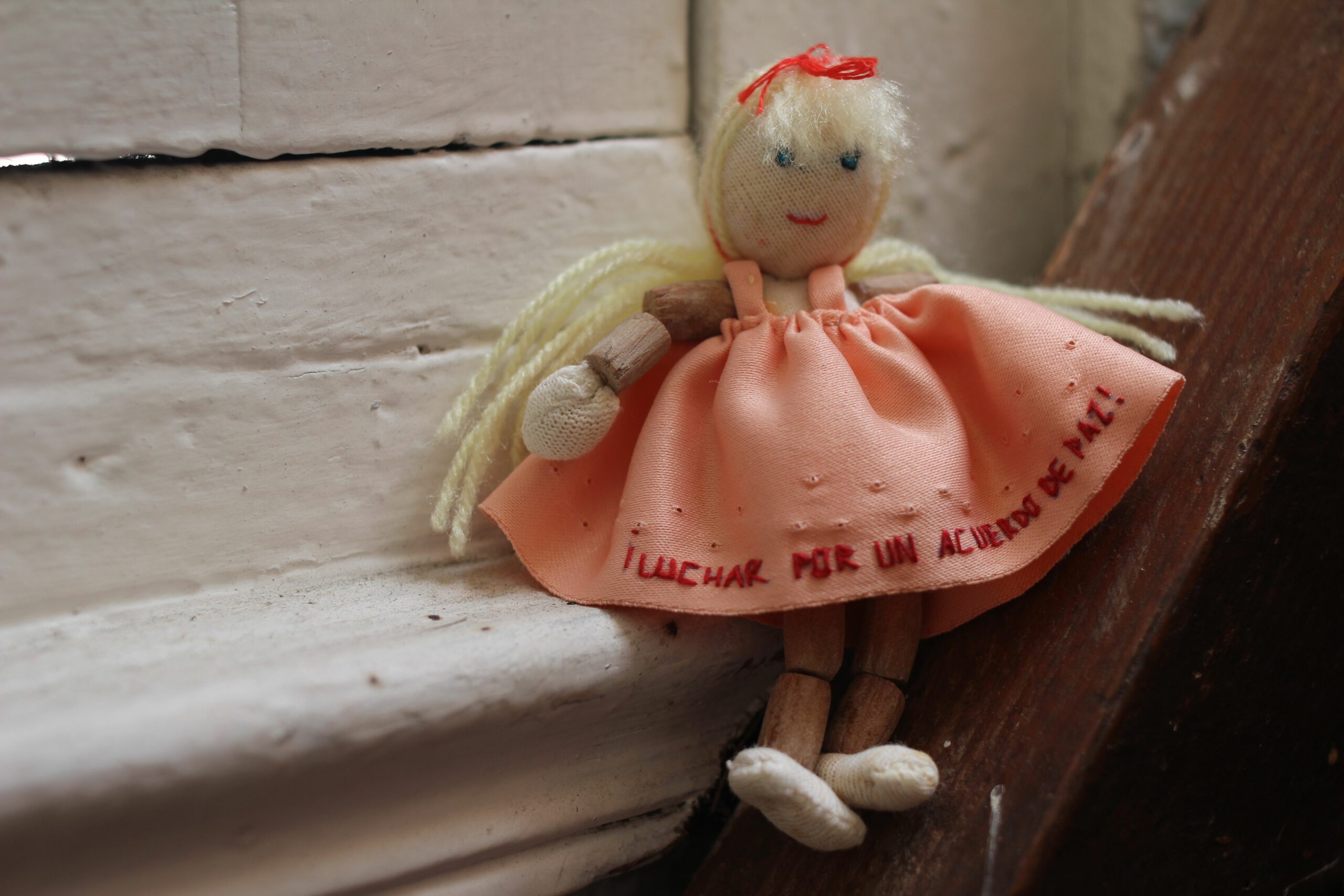
Sara
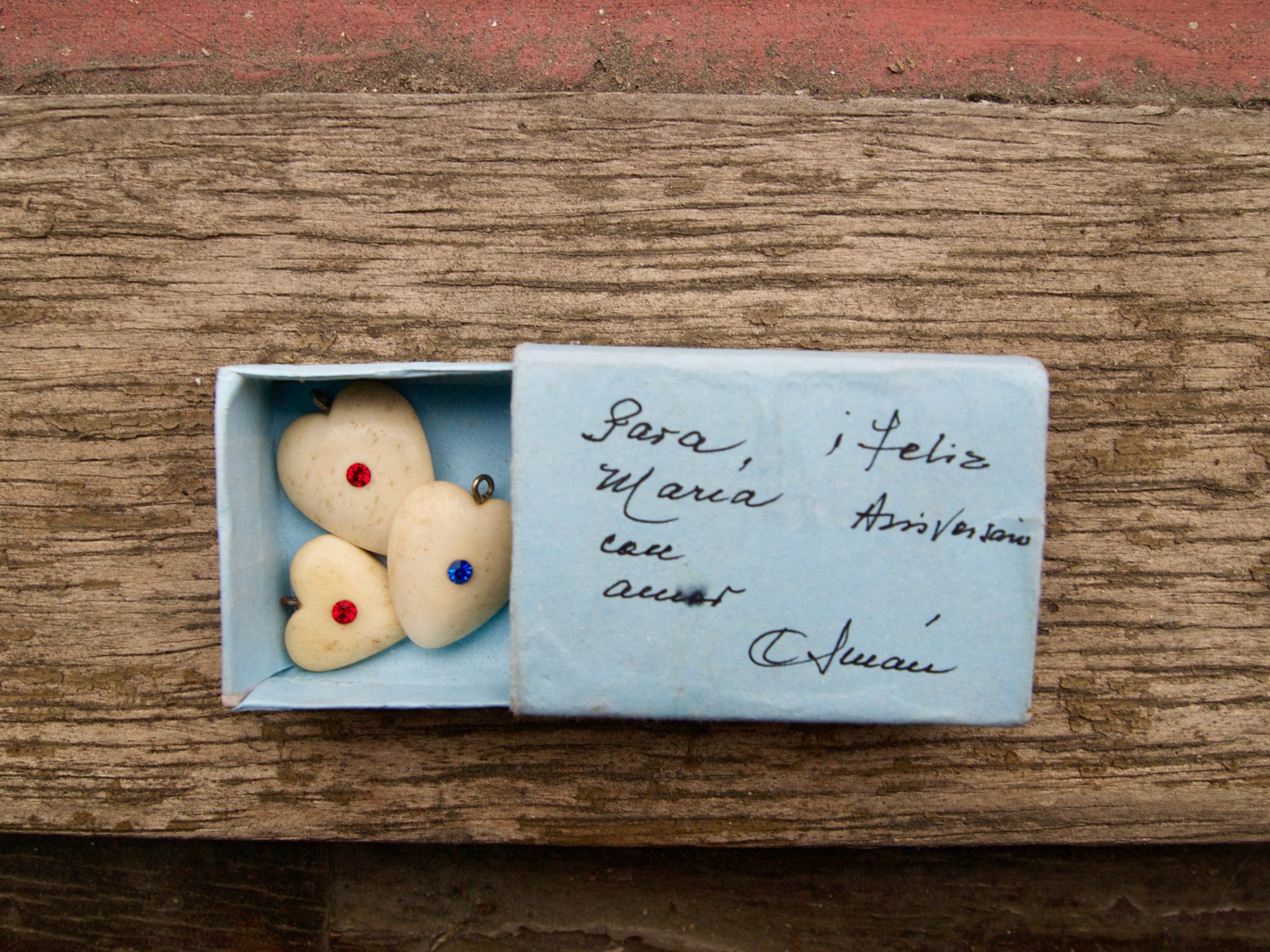
Maritza
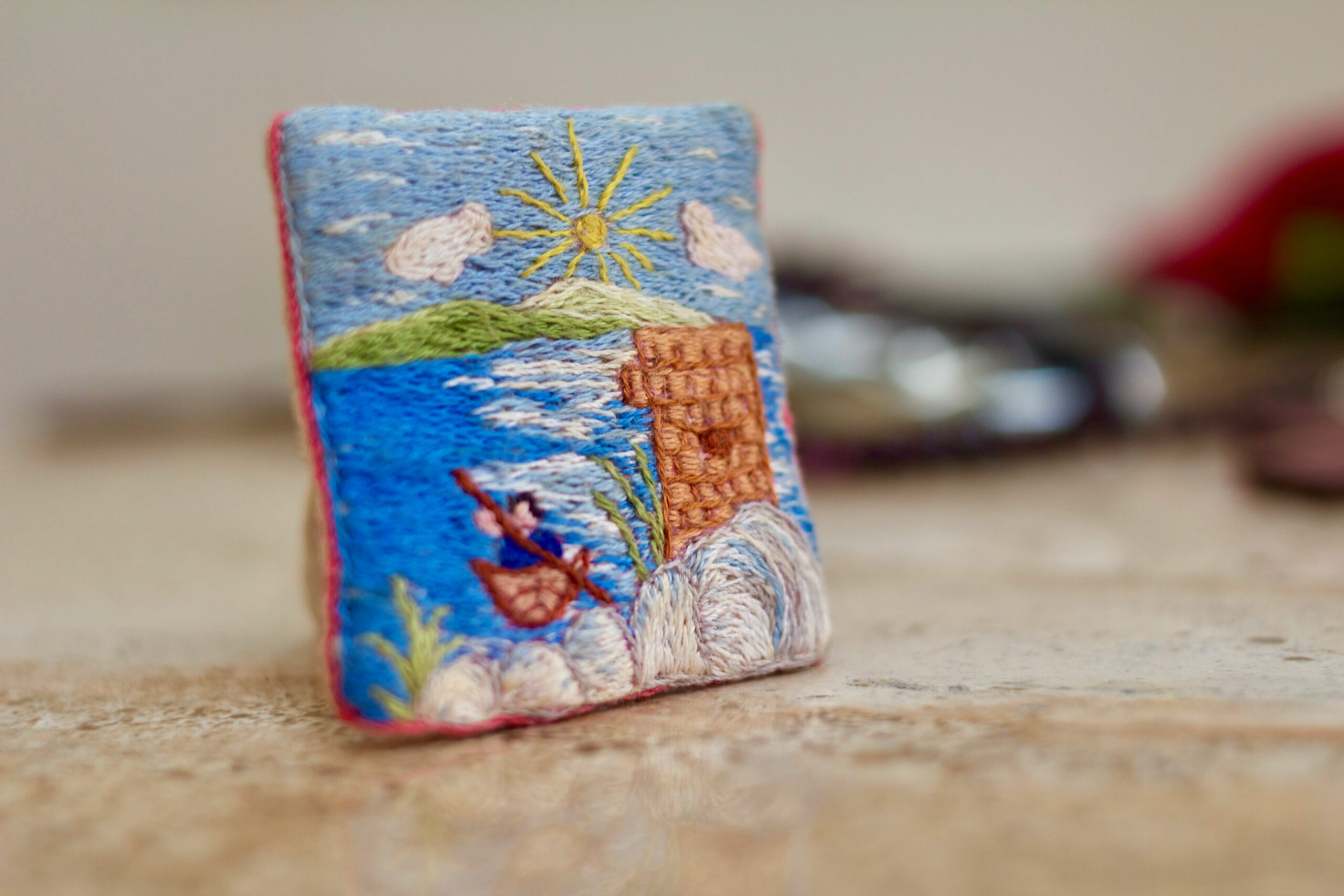
Miriam
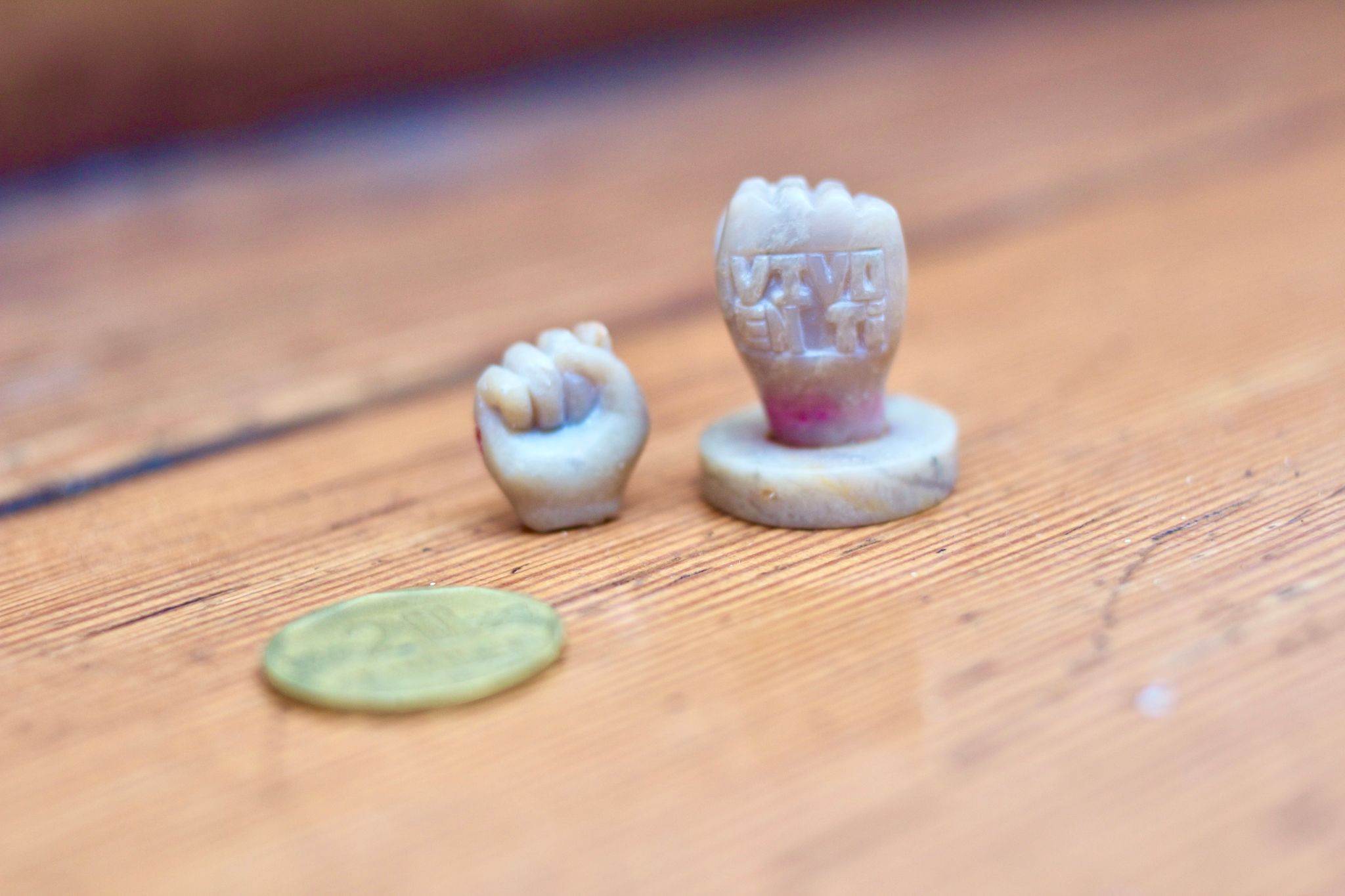
Yohani
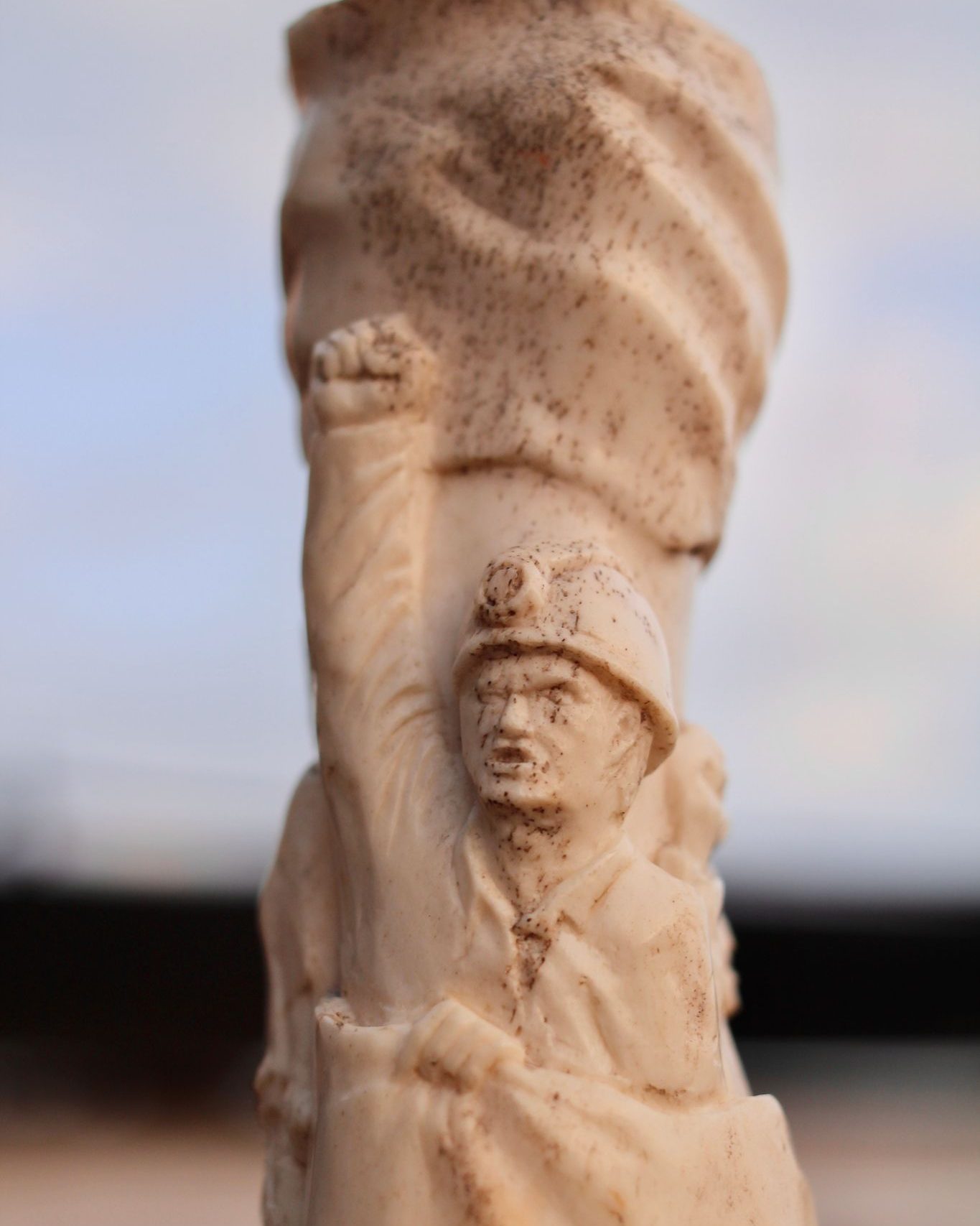
Nancy

Silvia
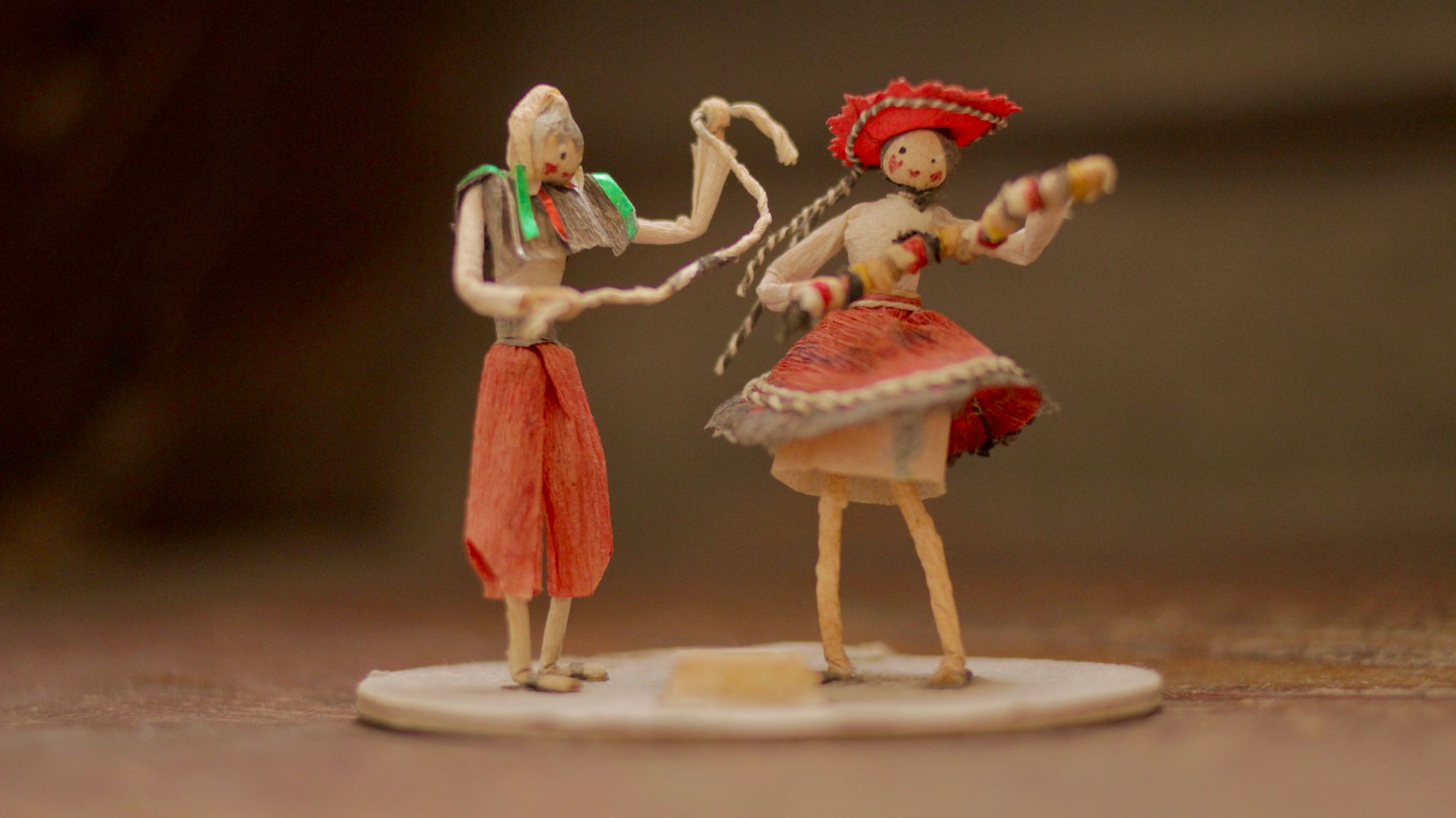
Entre Memorias (Between Memories) 34’ (2015) GB/Peru
Granada Centre for Visual Anthropology, University of Manchester
Directed by: Martha-Cecilia Dietrich
Eudosia is still searching for her husband’s remains in the highlands of Ayacucho, Lucero has been in prison for 25 years now for the crime of terrorism against the Peruvian state, and since 2009 the commandos of the counterinsurgency unit Chavin de Huantar recreate and commemorate their heroic military actions to save a nation from the threat of terrorism. Twelve years after the Peruvian Truth and Reconciliation Commission published its final report about the atrocities committed during the internal armed conflict (1980-2000), memories of this period seem more contested than ever.
This film explores the complex legacies of twenty years of violence and war in Peru through practices of remembering. In three audio-visual pieces made in collaboration with relatives of the disappeared, insurgents of the Tupac Amaru Revolutionary Movement (MRTA) and members of the Armed Forces, this documentary aims for creating an on-screen dialogue between memories, which in practice remains elusive.
Given the COVID-19 pandemic, a family member addressed a letter to the audience of SOHO in Ottakring 2020.
The global situation of the COVID-19 pandemic is a cause of concern for the chronicallyovercrowded prisons. The Peruvian government hasordered the liberation of 3,000 inmatesincarcerated for certain crimes–from a prison population of more than 97,000 prisoners intotal. Inmates imprisoned for terrorism have been excluded from the decriminalizationprogram.
There are currently about 300inmates imprisoned for the crime of terrorism, of which lessthan 30 are women. The vast majority are in prison since the 1990s and 2000s. Many havebeen in jail for 25 years or more and are now older adults. In May one of them died ofCOVID-19, others are infected.
We family members have brought them medication as medical care is insufficient. At thismoment, we are making tireless efforts to face their precarious situation and to take care oftheir health
Español:
En vista de la pandemia de Covid-19, un miembro de la familia envía una carta al publico de Soho en Ottakring 2020.
La situación mundial de la pandemia del COVID-19 afecta de manera preocupante en estos medios penitenciarios superpoblados y hacinados. El gobierno peruano ha dispuesto la despenalización de 3000 internos de ciertos delitos (de una población penal de más de 97 mil presos). A los internos por terrorismo se les ha excluido del proyecto de despenalización.
Actualmente, queda un aproximado de 300 internos por delito de terrorismo, de los cuales menos de 30 son mujeres. La gran mayoría está en prisión desde las décadas del 90 y 2000, es decir que llevan en cárcel 25 años a más, por lo que muchos de ellos son adultos mayores. En mayo uno de ellos ya falleció por Covid-19, otros están contagiados.
Los familiares, les hemos llevado medicinas, porque la atención médica es absolutamente insuficiente, por lo que en este momento hacemos esfuerzos denodados por afrontar su precaria situación y atender su salud.
Credits
Kuration: Martha-Cecilia Dietrich für Soho in Ottakring 2020
Herstellerinnen und/oder Besitzerinnen der Objekte und Interviewpartnerinnen:
Cecilia Dominguez Berrospi
Sara Vallejo
Maritza Garrido
Miriam Espino
Yohany Espinoza
Nancy Mejia
Silvia Gonzalez